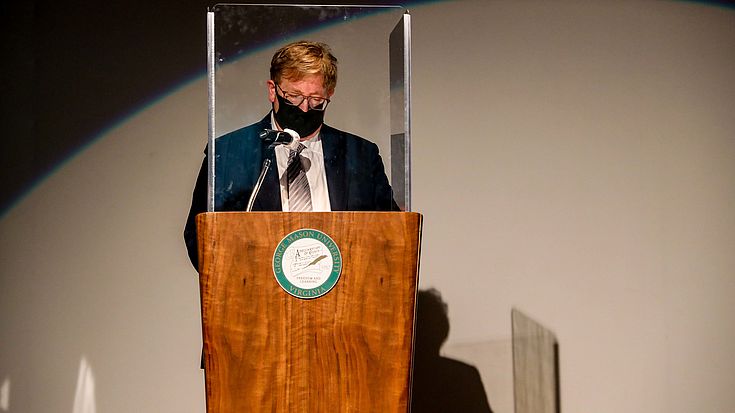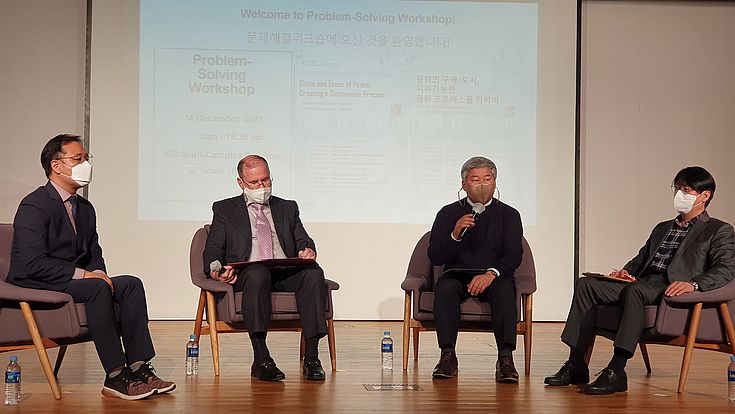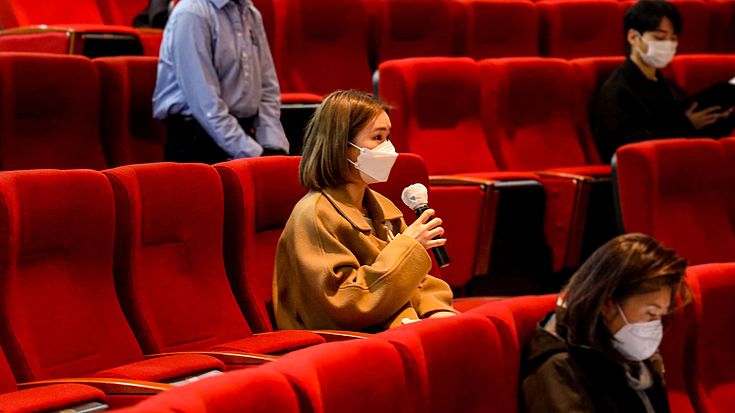Conference
Cities and Zones of Peace

On December 14, 2021, Hanns Seidel Foundation (HSF) Korea conducted its second event on the topic “Cities and Zones of Peace: Creating a Sustainable Process” in close partnership with Peace and Conflict Studies Center (PACSC) Asia from the George Mason University Korea (GMUK). The purpose of this conference was to build on a long-term joint research project and a problem-solving workshop conducted in Goseong South Korea throughout the year 2021. During the previous workshop, scholars and students met to brainstorm and create the initial template for true Cities and Zones of Peace for true peace and reconciliation to be achieved. In the conference, results of prior work, including the elaborate discussions and initial criteria for Cities and Zones of Peace created, were presented. The conference was held in English and Korean, with consecutive translations.

The discussion about Cities and Zones of Peace evolved around different pathways towards peace between the DPRK and ROK. The invited speakers presented various approaches and initiatives that supported this goal. For a start, Dr. Keunwoo Nam of Incheon Research Institute elaborated on border seas and how people in border regions can rediscover common cultural and historical ground. Mr. In Sik Bea, chairman of OnHappy NGO in Incheon, on the other hand outlined how non-governmental organizations can play a role in peace building processes through furthering SDGs. Dr. Jiho Ahn, a former scholarship recipient of HSF and now a research fellow at Goyang Research Institute, also shared his experiences and showed how cities need to focus on their strengths and collaborate to promote peace.

HSF Korea and PACSC Asia brought together expert guests from academia and non-governmental organizations to discuss ways to improve on the criteria and create a sustainable process for Cities and Zones of Peace. This includes funding support for continued research and will be used as basis for a proposal to the United Nations. Furthermore, the results of the conference will be published in an edited volume next year. For this purpose, collaborators are currently sought for and are welcome to join the project.
